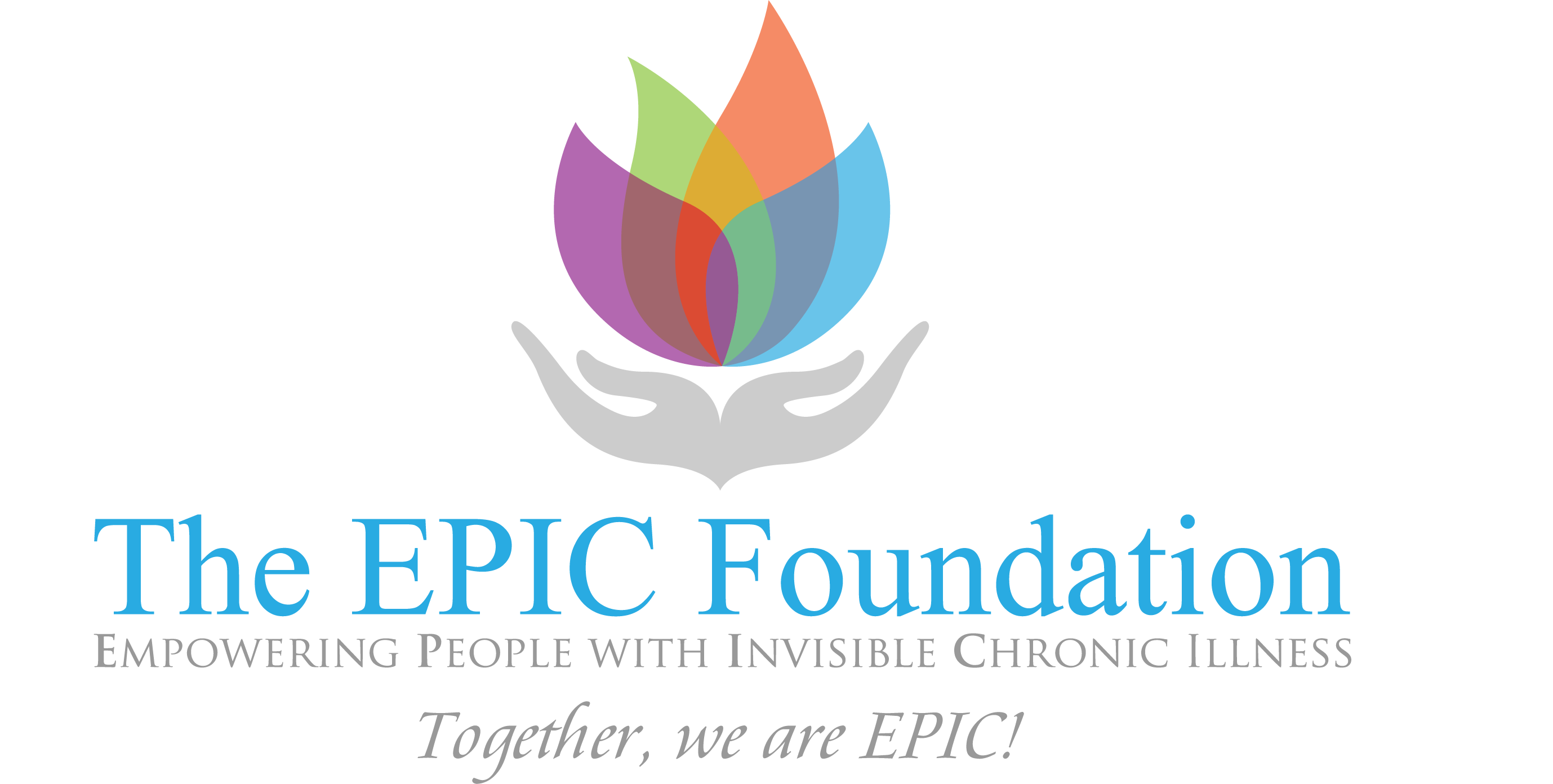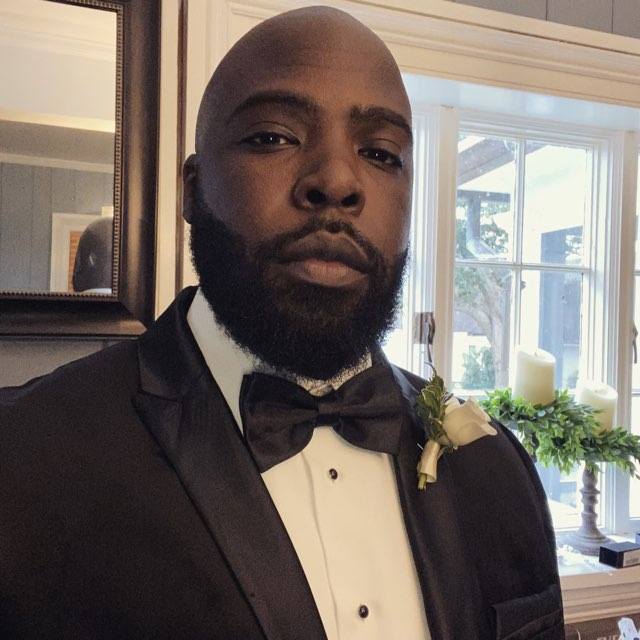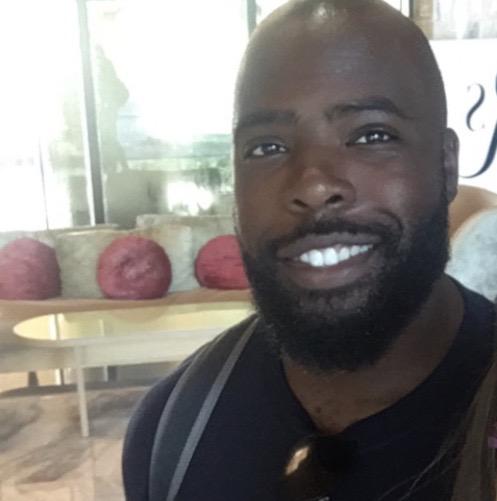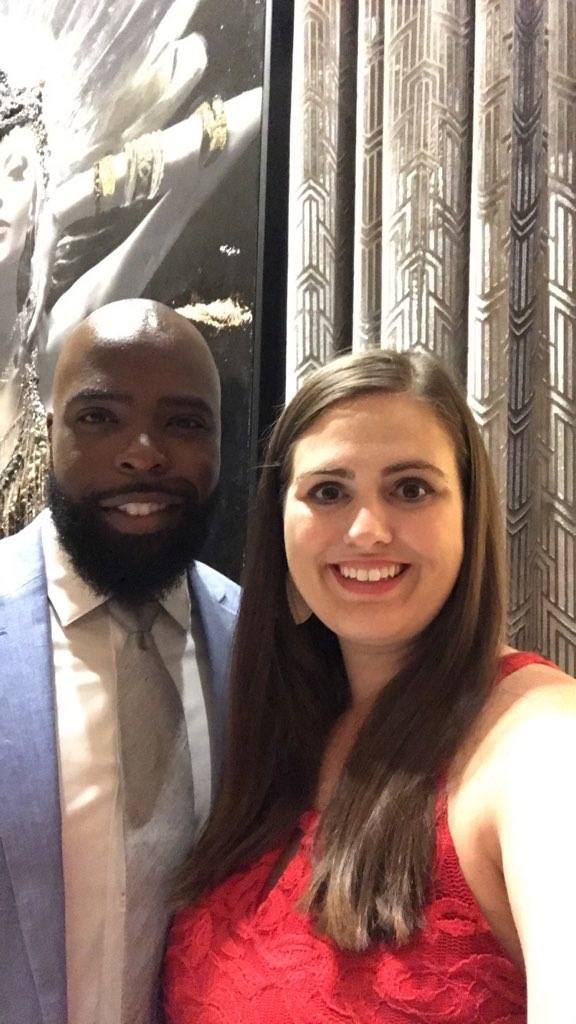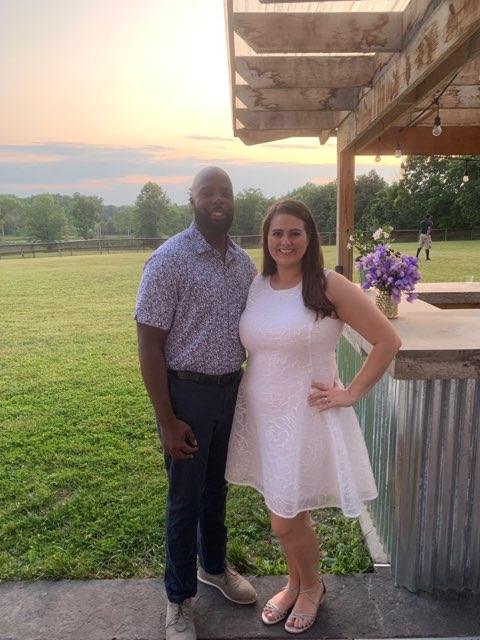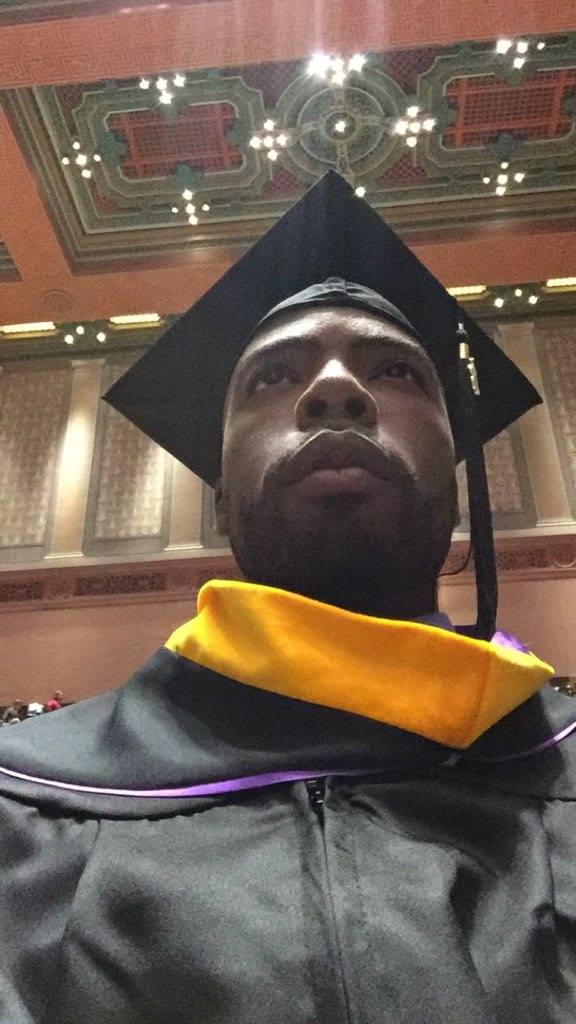Henry Ternier
Person of the Quarter-July 2020
The EPIC Foundation proudly honors our Person of The Quarter, Henry Ternier, a Licensed Professional Counselor who has dedicated his career and life to serving marginalized populations who live with mental illness. Please enjoy our interview with Henry, as he answers the questions pertaining to what makes him a phenomenal and EPIC human being! This is his interview:
How did you know that you wanted to pursue a career in counseling? List your specializations and how did you decide to target those populations? What issues in psychology do you work with? Was there a moment when you realized it or was it gradual?
I originally went to college with a major in biology, hoping to go into the medical field. Over time I realized that I wanted to do something else with my life. I took an intro to Psychology class, and basically fell in love with the subject.
I also tended to be the person in my friend groups to whom peers would talk to about heavy subjects and ask for opinions on relationships and otherwise. It even led to a brief stint on my alma mater’s radio station, speaking on relationships and other social issues.
When did you actually begin specializing in your areas of expertise?
From my experience, my expertise has been in working with children and adults, especially those struggling with anxiety. I would honestly say that I’ve been working with children since I was a child!
Joking aside, I really began when I was in graduate school. I worked part-time as a Therapeutic Support Staff member with children who had Autism Spectrum Disorder (ASD). I later started working in family-based mental health, further allowing me to work with children and adolescents, as well as adults utilizing Family Systems Therapy.
Did you have a role model or a person who motivated you? A mentor?
I have several role models, including my aunt who is a mental health professional herself, and is currently advocating for a vulnerable population.
I’m also inspired by both my parents, who have taught me from a young age about the value of serving others and the importance of being a source of healing.
A mentor who stands out to me is Brian Williams, a youth development professional and community organizer who was an impactful guide at the Youth and Opportunity United
(Y.O.U.) program when I was in high school and an inspirational supervisor when I worked under him in the same program years later.
Above all, I am inspired by Jesus Christ, who was all about service.
At The EPIC Foundation, our slogan is “Together we are EPIC!” Tell us who are the people in your life who you consider to be a part of your “team” both professionally and personally.
My team would consist of my wife, Alise first and foremost. She pushes me to pursue my goals, and encourages and challenges me.
My friends Hannah and Connor Mey-Brown have been trusted friends and colleagues since graduate school, and we have challenged and inspired each other ever since entering the professional world.
I would also give a nod to Stephanie Wijkstrom and Nicole Monteleone, the co-founders of Counseling and Wellness Center of Pittsburgh. They have helped me with opportunities to grow my practice, write on subjects that I am passionate about in psychology, and to speak on those subjects at public events.
What are your top 3 specializations? When did you start becoming passionate about treating these populations? How about your other specializations?
My focus in my practice has expanded over time, and I’ve found myself working mainly with individuals struggling with anxiety, individuals figuring out their spirituality, and married couples.
I have always been passionate about treating anxiety because everyone deals with it, and it is important for individuals to have the tools necessary to live and cope with anxiety.
Religion and spirituality have always been a part of my life, and I have often found myself grappling with questions. I believe it is through exploring these questions with an unbiased and supportive person, that an individual can find some clarity.
I started working with married couples later in my career, and it feels like events in my life came full circle. As stated earlier, I used to do a segment on relationships in radio, and now I get to use my knowledge and training to help couples thrive.
I have also begun working with more people within the Black/African-American community. I hope to continue to work to reduce the stigma toward seeking mental health services with this population.
The EPIC Foundation supports all persons living with invisible chronic illness, including all mental illness. Oftentimes, these patients feel misunderstood by others, even the medical and therapist communities, because they LOOK healthy but they have issues specific to them that are difficult to address such as PTSD. Yet, you seem to continue to provide immense support to all of your clients. What is the motivation behind such a compassionate approach to your patients who are marginalized?
As a Black individual in America, I empathize with those who are seen as less-than and those who are not seen. It is through empathy that we can really come to support people with invisible chronic illness.
As therapists, we’re tasked to go beneath the surface. This requires really taking the time to see and hear people. I know that I have been in a position where I have wanted to be heard, and I hope to provide that opportunity to the people I work with.
What drives your passion for your work?
I have always wanted to help people in some way shape or form. I also enjoy talking to people and hearing their life’s story. I also believe that in life, we all deserve to win in our personal struggles, and seeing people achieve their goals and overcome their personal obstacles is extremely rewarding.
Can you tell us some background information about you? Your back story? Your own journey that led you to now and to your profession?
I was born and raised in Evanston, and was brought up in a Haitian household. My parents were firm, but fair, and they raised me and my brother in a supportive Seventh-Day Adventist Haitian-American community, which I became deeply involved in. I completed k-12 in Evanston, and went to college at the University of Illinois at Chicago where I earned a Bachelor of Arts in Psychology (class of 2012).
It was at UIC where I began to recognize my interest in psychology and human development and relationships.
Following my graduation, I worked with Y.O.U. for about two years. I was then accepted at Chatham University in the Master of Science in Counseling Psychology program.
I moved to Pittsburgh, PA to attend graduate school while working with children with autism, and graduated in 2016. I worked for two years in Family Based Mental Health at Unity Family Services, and then switched lanes to work with Pittsburgh Mercy Behavioral Health in their School Based program. During this time I had earned my license as a professional counselor.
After working in community based programs for some time, I transitioned into private practice work as an independent contractor with the Counseling and Wellness Center of Pittsburgh. It is where I currently work.
Do you feel that the populations of patients who seek your help are underdiagnosed or misdiagnosed? How do you see your role in terms of finally helping these patients?
I believe many Black and African Americans are underdiagnosed and/or misdiagnosed, and this has been due to the unfortunate lack of Black clinicians and therapists of color within this field.
I see my role as being one of many Black pioneers in mental health, an advocate for marginalized groups in the healthcare system overall, and a resource for psycho education and de-stigmatization in the Black/African-American community.
Finally, is there anything that I have not asked that you want the world to know?
I tend to operate from the Cognitive Behavioral and Solution Focused schools of thought, though I do tend to sometimes use Dialectical Behavioral interventions. When I work with couples, I tend to refer to Gottman’s methods.
We are so proud to honor Henry Ternier at The EPIC Foundation! Together, we are EPIC!
